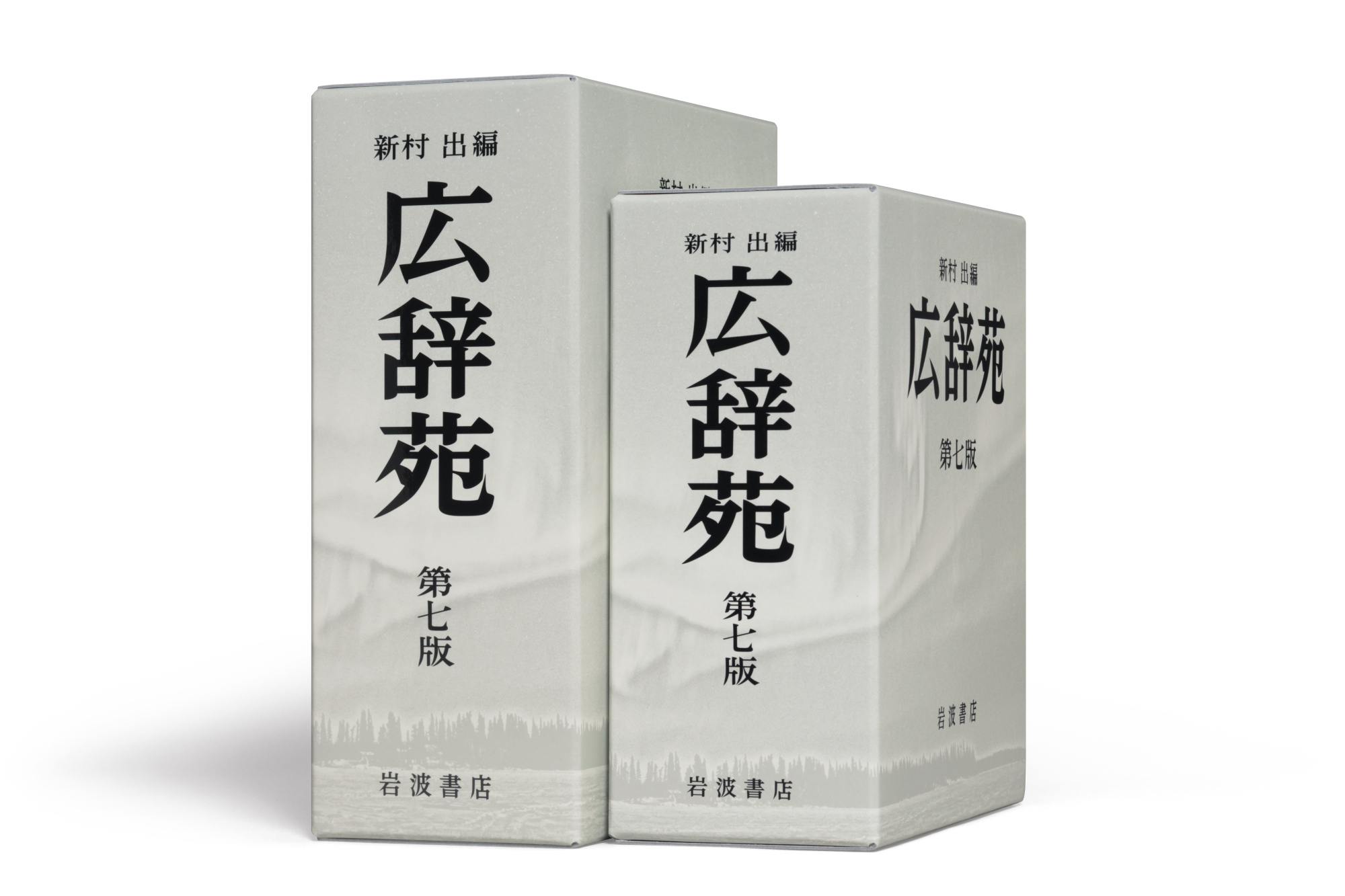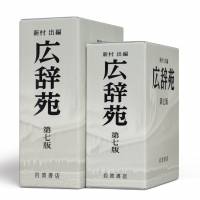An updated version of the nation's most authoritative Japanese-language dictionary has added 10,000 new words, including "hanii torappu" (honey trap), "biggu mausu" (big mouth) and "karēshū" (an old person's distinctive smell), the publisher said.
The Kojien dictionary was first published in 1955 by Iwanami Shoten with about 200,000 words. Since then it has become a household reference, while media outlets and other high-profile organizations often use it as the final say on a given word's meaning.
Other new entries include "apuri" (app), "burakku kigyō" (exploitative firms with bad working conditions), "Isuramu-koku" (Islamic State), "LGBT," "konkatsu" (marriage hunting), "jidori" (selfie) and "diipu rāningu" (deep learning).
At its peak, the publisher sold as many as 2.6 million copies of its third edition, which was published in December 1983. Since then, sales of the print version have fallen steadily, with Iwanami Shoten hoping to sell about 200,000 copies of the seventh edition, due to go on sale on Jan. 12.
Meanwhile, in recent years Kojien's database has been included in a number of electronic dictionaries and in computer software. But the publisher doesn't have figures on the exact number of electronic copies in use, a spokesperson said.
The spokesperson attributed declining sales to the availability of a variety of free online dictionaries.
To choose the new additions, editors first collected 100,000 words and then pared the list down to 10,000. The publisher said editors excluded buzzwords they believed could eventually go out of vogue.
Among the excluded words are "arasā" (people around age 30), "ganmi" (gaze at something without hesitation), "yurukyara" (cute and soothing mascot characters) and "guguru" (searching on the internet).
The latest version has 250,000 entries over 3,216 pages. The standard paper edition will set you back ¥8,500 while the desktop edition goes for ¥13,000.
The current sixth edition was published in January 2008.



















With your current subscription plan you can comment on stories. However, before writing your first comment, please create a display name in the Profile section of your subscriber account page.